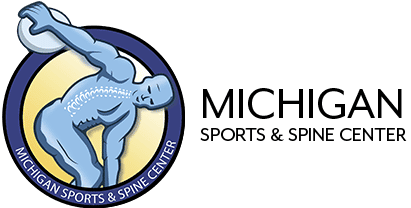All About Nutrition

Did you know . . .
- Americans eat less than the recommended amounts of fruits, vegetables, dairy products, whole grains and oils,
- however typical American diets exceed the recommended intake levels of calories from solid fats and added sugars, refined grains, sodium and saturated fat,
- approximately 90% of Americans eat more sodium than is recommended for a healthy diet,
- the average daily calories per person have increased by about 600 calories since the 1970’s,
- an average of 160 million Americans is either obese or overweight.

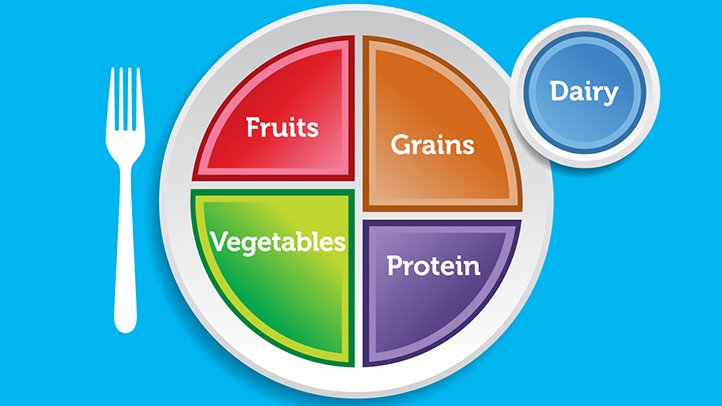
What you eat affects your energy, health and well-being. Nutrition is the process of consuming food and having the body use it as raw materials for fuel, growth and function. The most important feature of a good diet is variety. Unless you eat a wide variety of foods, you may be missing out on important vitamins, minerals and other nutrients. Eating the right mix of minerals and vitamins will help you feel and look your best at any age.
Colorful fruits and veggies are excellent food choices. It’s always beneficial to eat a rainbow of colorful foods. The pigments that give foods their color are also the nutritious substances that can reduce your risk of cancer and chronic diseases like heart disease.
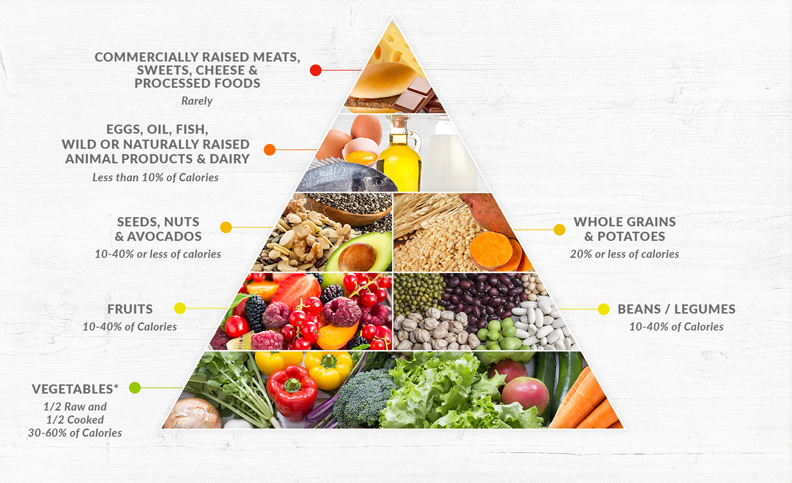
MACRONUTRIENTS: CARBOHYDRATES, PROTEIN & FATS
The foods we eat provide the energy we need for our bodies to properly function. Similar to having to put gas in a car or charge your cell phone, you need to feed your body nutrient-rich foods in order to provide you with energy every day.
Glucose is your body’s favorite form of energy.
CARBS
Carbohydrates are broken down into glucose, fructose and galactose units. If you don’t get enough carbs, your body can make more glucose from protein through the process, gluconeogenesis. If you eat too many carbs, your body will convert them into fat.
PROTEIN
Protein comes from foods you eat and is broken down into individual amino acids. Our bodies use these amino acids to build and repair various parts of itself. Muscles are comprised of lots of protein and need to be replenished through diet. Our bodies also use protein towards our immune system, nervous system, hormones and organs.
FATS
We need fats in our diets to obtain the healthy variety. Fats are required to signal hormones and membranes that contain fats surrounding all the cells in the body. Even our brains have fatty acids.
MICRONUTRIENTS: VITAMINS & MINERALS
The vitamins and minerals you get from your diet are just as important as the protein, fats and carbs. They usually function as co-enzymes, which means they help speed up some of the body’s chemical reactions.
VITAMINS
Crucial vitamins are those with antioxidants (A, C and E) and the ‘sunshine’ vitamin, vitamin D. Antioxidants help to get rid of free radicals. People who eat diets rich in antioxidants have been linked with a host of health-promoting, disease-fighting activities in the body.
Foods rich in antioxidants:
Vitamin A:
- spinach
- sweet potatoes
- carrots
- pumpkin
- squash
- dark leafy greens
- mangos
- cantaloupe
Vitamin C:
- broccoli
- asparagus
- strawberries
- citrus fruits
- cauliflower
- tomatoes
- sweet potatoes
- bell peppers
Vitamin E:
- whole grains
- almonds
- vegetable oil
- sweet potatoes
- wheat germ
- yams
Vitamin D, the best source of this nutrient is sunshine if you can’t get that:
- salmon
- liver
- eggs
- fortified milk
- some orange juices
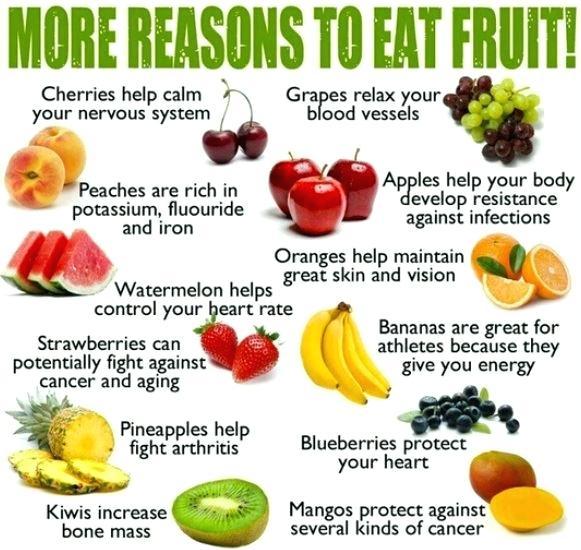
Plant-based diets are becoming ever more popular. A 2017 report found that 6% of people in the U.S. now identify as vegan, compared with just 1% in 2014. Five new studies show that eating healthy, primarily vegetarian foods is associated with lower risk of chronic diseases, weight gain and death. Not only is a vegetarian diet great for the planet, but it’s great for our personal health. The studies examine the health impacts of a plant-based diet, here’s what was found:
- lowers heart disease risk
- less plaque in the arteries
- reduced risk factors for heart disease and diabetes
- less weight gain
- lower risk of death
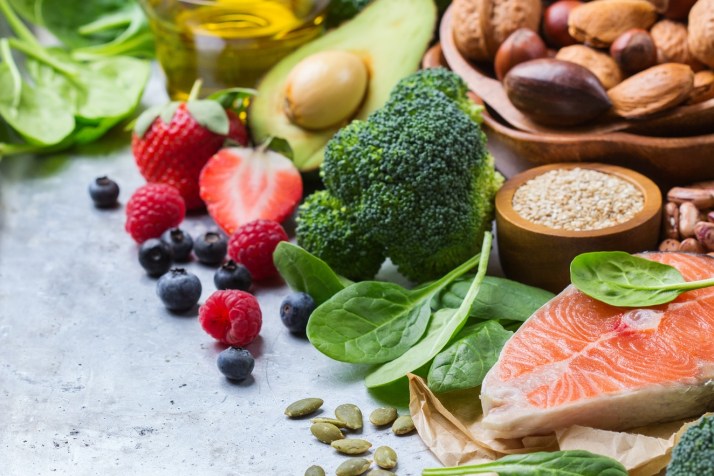
A healthy diet includes lots of fruits and veggies, some whole grains, high-quality protein, dairy and calcium sources and a bit of healthy fat. You don’t want to deny yourself a few treats and sweets in moderation, however, cut back on unhealthy foods that are high in fat, sodium, sugar and calories.
To learn more about nutrition, tune into Inside Sports Medicine this Sunday, June 17th at 8 am EST on 97.1 The Ticket and watch us on Facebook Live, we’ll have Natalie Abrhiem, Personal Trainor and Nutritionist in studio.
ABOUT MICHIGAN SPORTS & SPINE CENTER:
We’re innovative leaders utilizing cutting-edge technologies such as musculoskeletal ultrasounds, PRP, stem cell treatment, and other innovative procedures. Michigan Sports & Spine Center is committed to resolving your pain, not simply masking it. We treat the whole body, not just the injury, and perform preventative treatment so your injury doesn’t come back. Our studies prove that Michigan Sports & Spine Center has patient success rates much higher than the national average. We treat everyone from high-profile athletes to your neighbor next door. Our primary focus is getting our patients back into the game of life!
Sources: U.S. Department of Health & Human Services, WebMD, Very Well Fit, Health, Medical News Today, Health Line
